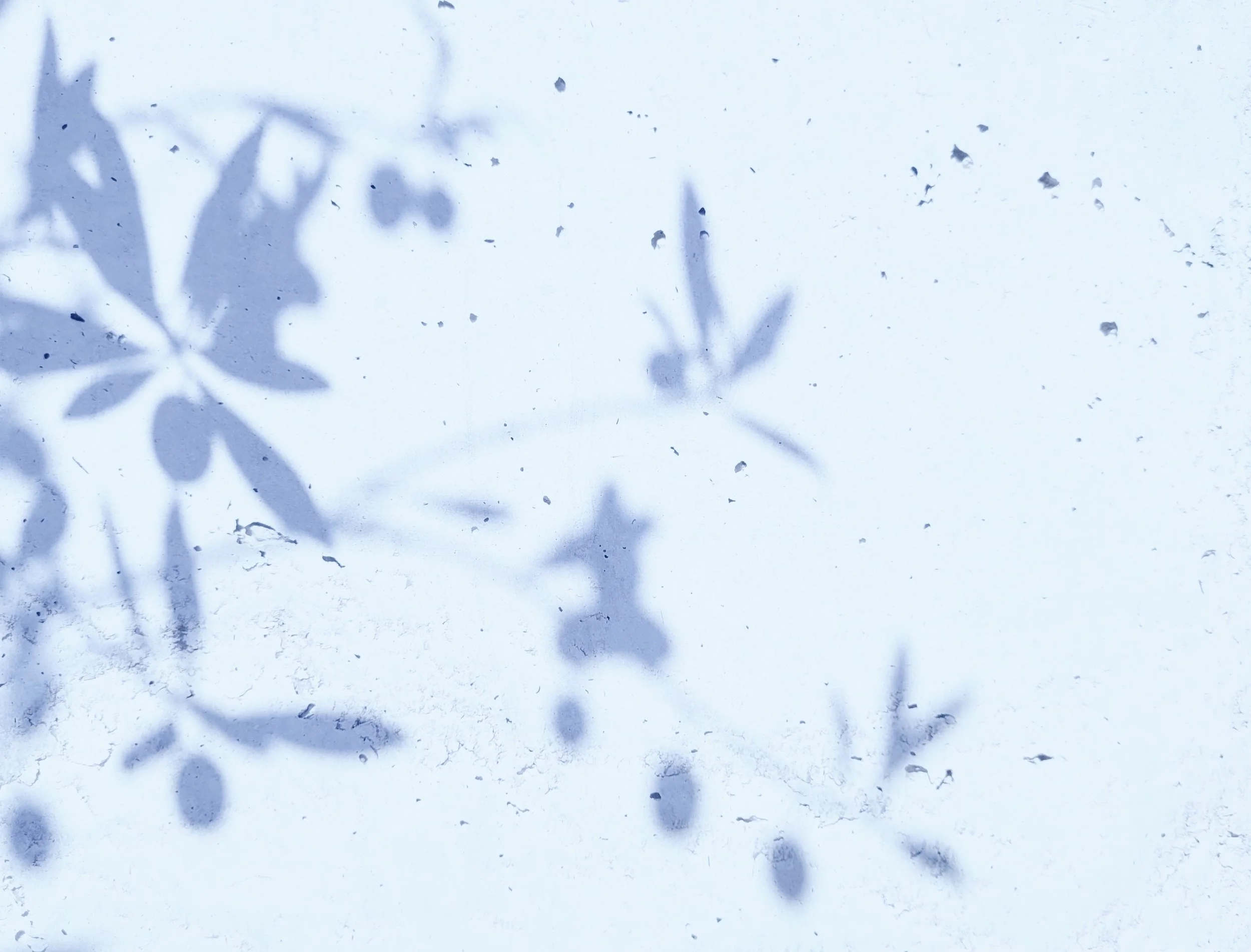Lena Khalaf Tuffaha - Alice Wanderer
Lena Khalaf Tuffaha
Lullaby [excerpt]
We cannot carry you,
our arms warm and dry
too late at the shore
of what has cradle-fallen...
You can read further at Lullaby.
Lena Khalaf Tuffaha is a first generation Arab American poet, translator and essayist of Palestinian, Jordanian and Syrian heritage. Her book of poetry, Water and Salt won the Washington State Book Award in 2018. She is co-founder of the Institute for Middle East Understanding. She has also acted as the spokesperson for the Seattle chapter of the American-Arab Anti-Discrimination Committee.
Alice Wanderer chose to foreground this poem by Lena Khalaf Tuffah
Alice wanderer chose to foreground this poem by Lena Khalaf Tuffah
Alice Wanderer
To the young mothers of Gaza
Gaza bombardment
how Rome demolished Carthage
stone by stone
When my children were two and four years old, we were living in Japan in a fragile wooden house close to the epicentre of the Kobe earthquake. It was a disaster which killed 6,400 people almost 30 years ago and continues to affect all those who lived through it.
It hit on January 17th, in the freeze of mid-winter. The water and gas pipes were shattered. There was a blackout. We were thrust back into an earlier era with none of the skills or equipment necessary to cope. My first response was hyper-rational control. I tried to carefully ration what little water and food we had, fearing severe hunger and thirst. I remember shouting at one of my already very frightened children for spilling a few grains of rice on the floor. I didn’t recognise quite how mad and hysterical I was until much later.
Even if we had had candles or paraffin lamps, there were constant aftershocks, which would have made them too dangerous to use. These aftershocks were more frightening than the initial quake. At first, I had thought, oh it’s just an earthquake. So, it was only during the last five or so seconds of when things were falling around me, and the noise and the shaking became much stronger than anything that I’d experienced, that I registered something enormous was happening. Afterwards, every tremor made me fear, wherever we were, that we would be stabbed by shattering glass, decapitated by flying debris or the already weakened buildings would collapse on us. I was terrified that any choice I made, about where to go, where not to go might mean life, death or disability for my children.
There was a rumour the gas storage facilities offshore might explode and incinerate us.
From this experience, I feel I have a tiny window into the experience of the young mothers living in the Gaza Strip during the Israeli bombardment. But it is a window that cuts out much of the view. This was not an attack. Missiles were not being aimed to kill. People not killed outright, were trapped, injured, under their fallen houses and were smothered, bled, or burnt to death. My younger child got a severe double ear infection that permanently damaged her hearing. But this was a natural disaster. There was no malice behind it. Once the telephone lines were restored, it became clear that everyone I knew had lost friends and family. But the casualties diminished. The Self-Defence Forces arrived. But they were bringing water. The international community offered help. We were able to leave after only ten days.
Since 2018 I have written a haiku almost everyday. The one I wrote yesterday might, had I been less lucky, have described my own experience. It is a feeble, helpless hand stretched out to the many mothers in the Gaza Strip for whom this has already happened and for whom it is an ever-present fear and on-going possibility. Perhaps probability.
covering the face
of her dead daughter
rubble and dust
Alice Wanderer is a writer and translator based in Naarm-Melbourne. Her book of translations Lips Licked Clean won a Touchstone Award. It is available through Amazon. A short collection of haibun, Flow, is available from Ginninderra Press as one of the Picaro Poets series.
Alt Text: Olive leaves cast shadows against a pale blue surface
